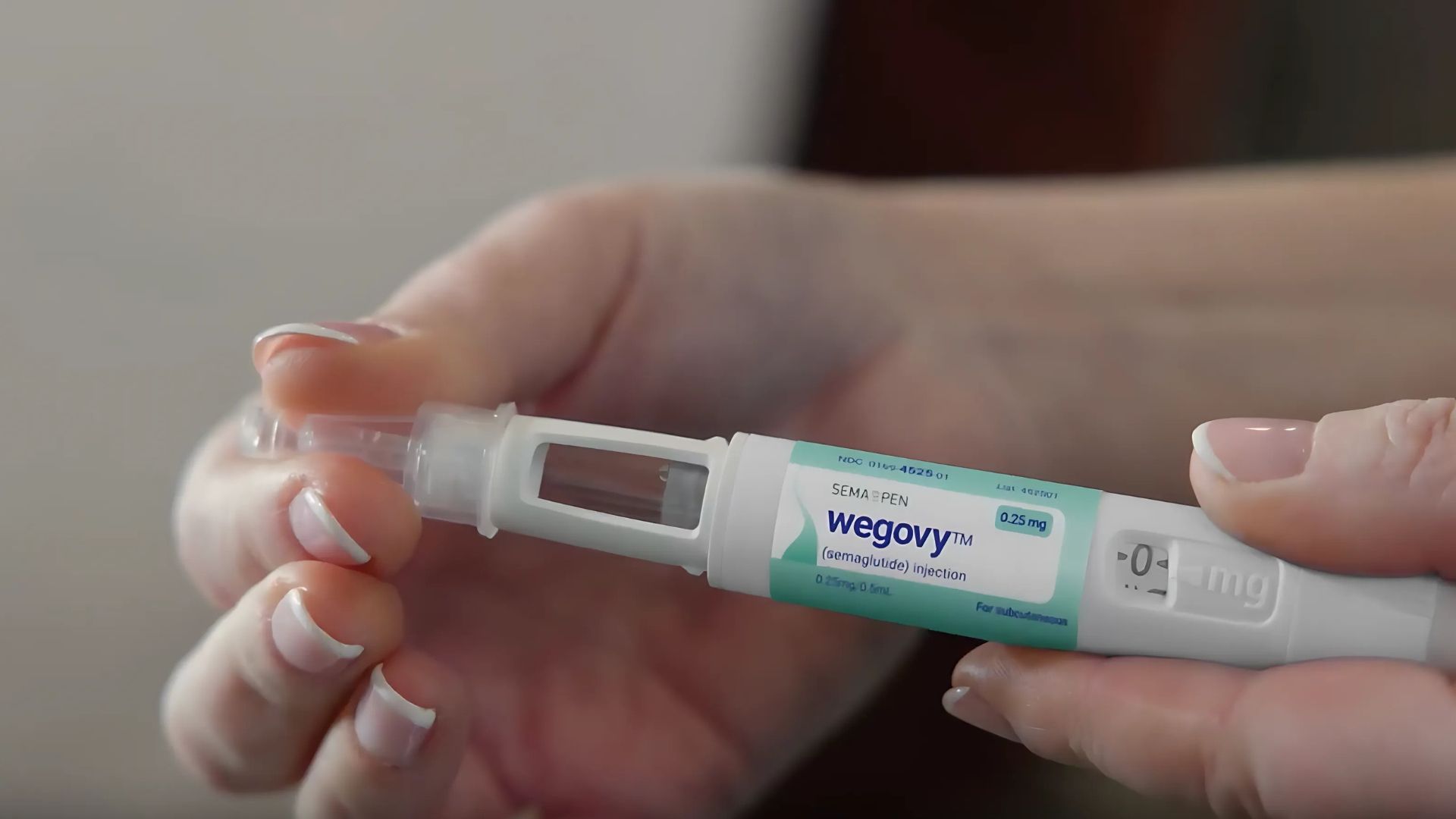Study: GLP-1 drugs don't increase risk of thyroid cancer in humans
An extensive new study says GLP-1 drugs are 'not associated with an increased risk of thyroid cancer'.

If you've researched GLP-1 weight loss drugs like Wegovy, you may have noticed something a little concerning.
'European regulator investigates Ozempic, Wegovy maker on thyroid cancer risk', reported one headline. 'Miracle new weight loss injection hit by thyroid cancer fears', said another. Even Novo Nordisk, Wegovy's manufacturer, lists thyroid cancer as a possible side effect on its website.
Don't panic. As we've covered before, these fears are based on studies with rodents. There's no conclusive evidence that GLP-1 drugs like Wegovy increase the risk of thyroid cancer in humans.
In fact, evidence is mounting to suggest that the risk – if it exists at all – is very small.
A new international study of diabetic patients found that GLP-1 drugs 'were not associated with an increased risk of thyroid cancer'. Furthermore, 'there was no observed risk of thyroid cancer associated with increasing cumulative dose of [GLP-1 drugs]'.
In other words, using weight loss injections like Wegovy doesn't appear to increase your risk of developing thyroid cancer – even as you increase your dose.
What's significant about the new study?
This study is not the first to suggest a low or nonexistent thyroid cancer risk.
Research published last year in The BMJ found that '[GLP-1 drug use] was not associated with a substantially increased risk of thyroid cancer'. However, the researchers admitted they couldn't rule out a 'small increase in risk'.
But the new study is significant because of its size and scope. It involved more than 2.5 million patients – including nearly 100,000 GLP-1 users. And it sourced its data from databases around the world. The researchers looked at patients in Canada, South Korea, Taiwan and several Scandinavian countries.
In any research, more data means better accuracy. And as the researchers point out, looking at international data sources '[increases] the generalisability of our results'. In other words, they know thyroid cancer risk isn't a Canadian problem because they also looked at patients in Asia and Europe.

As researcher Anton Pottegard explained to Medscape Medical News, 'This makes the results quite valuable, as they provide reassurance that the recent concern does not seem to be supported by data'.
Did the study have limitations?
Yes. The researchers admit that the follow-up period was relatively short – between 1.8 to three years.
So, while the study found promising evidence against short-term cancer risk, it can't tell us whether patients might develop cancers in future.
'While we cannot rule out [developments] 20 years from now', Pottegard told Medscape, 'we can say that we do not see the same short-term association that others have reported.'
The researchers concluded that 'studies with longer follow-up are needed'.
What does this mean for SemaPen patients?
This new study is reassuring. It provides further evidence to support the notion that GLP-1 weight loss drugs do not increase the risk of thyroid cancer in humans.
However, we prioritise the safety and well-being of our patients above all else. That's why we'll continue to exercise caution – at least until conclusive evidence comes to light.
You will not be able to join the SemaPen GLP-1 programme if:
- You have had thyroid cancer
- You have a family history of medullary cancer
- You have a family history of multiple endocrine adenoma (MEN) syndrome
However, as part of Phoenix Health, we're uniquely positioned to offer a comprehensive range of treatments that are not limited to injectable weight loss medications.
If you want to lose weight but aren't eligible for our medication programmes, please don't hesitate to get in touch. Our experts will be happy to recommend a treatment programme based on your unique needs and medical history.
Sources
Baxter, S.M. et al. (2025) "Glucagon-Like Peptide 1 Receptor Agonists and Risk of Thyroid Cancer: An International Multisite Cohort Study" Thyroid, 35(1) https://doi.org/10.1089/thy.2024.0387
Pasternak, B. et al. (2024) "Glucagon-like peptide 1 receptor agonist use and risk of thyroid cancer: Scandinavian cohort study" The BMJ, 385 https://doi.org/10.1136/bmj-2023-078225
https://www.medscape.com/viewarticle/glp-1s-show-no-increased-risk-thyroid-cancer-2025a100011a












